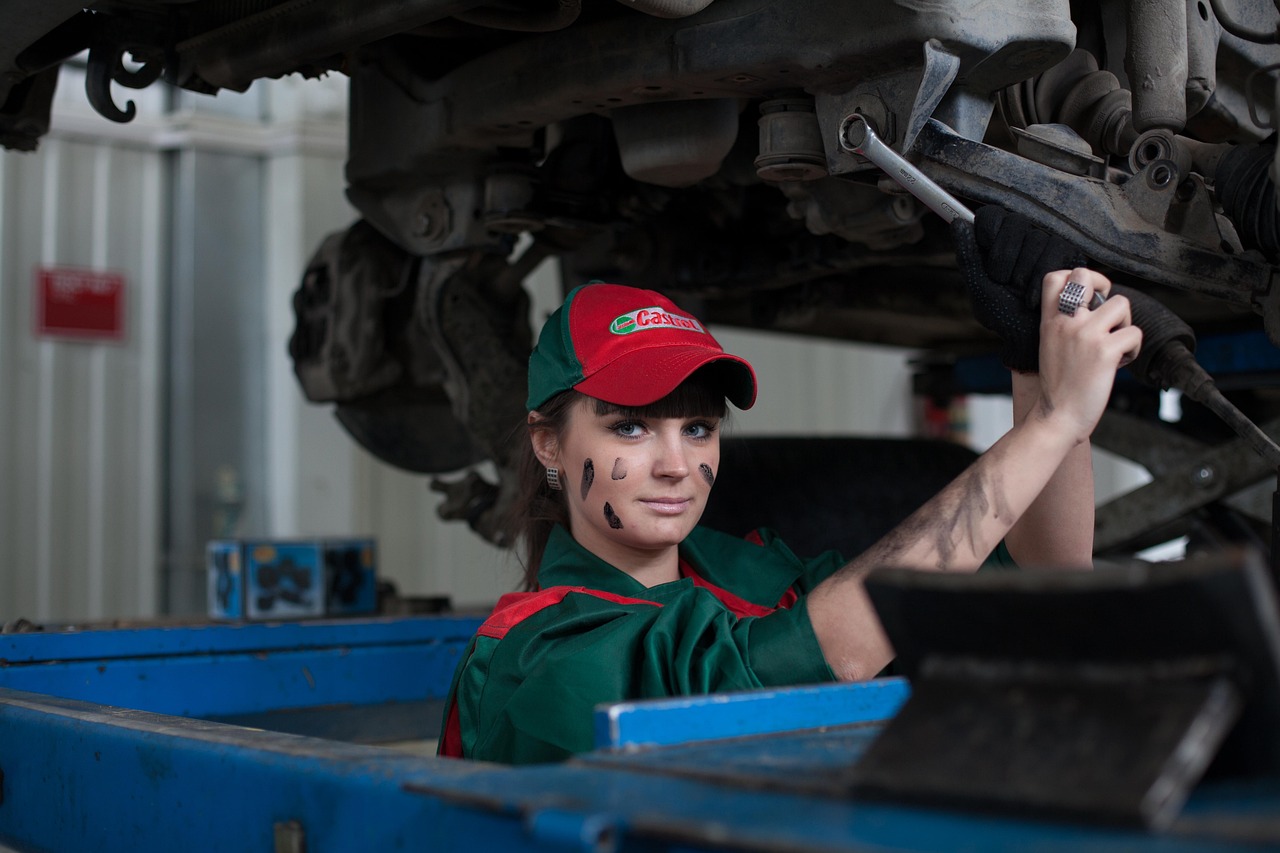
Why European Cars Require Specialised Maintenance: A Mechanic’s Insider Guide
When you invest in a European car, be it a luxurious Mercedes-Benz, a sporty BMW, or the ever-impressive Range Rover, you’re not just buying a mode of transport. You’re securing a driving experience built on decades of craftsmanship, precision engineering, and prestige. But with that level of refinement comes a unique responsibility: specialised maintenance.
As a mechanic who has spent years under the hood of European vehicles, I can tell you firsthand that they are a different breed compared to most other cars on Australian roads. Understanding their needs means fewer breakdowns, better performance, and a longer lifespan. And if you’re searching for expert support like a Range Rover mechanic in Melbourne or a reputable shop for Mercedes-Benz servicing, you need someone who truly understands the nuances of European engineering.
Key Takeaways:
- European cars require specialised maintenance due to precision engineering, advanced electronics, and unique components not found in typical vehicles.
- Manufacturer-specific fluids, oils, and batteries are critical—generic substitutes can cause long-term damage and void warranties.
- Local expertise matters, as Australian driving conditions differ from European standards, calling for tailored service schedules.
- Specialised diagnostics, transmission care, suspension calibration, and brake servicing protect performance and safety.
- Cutting corners on maintenance leads to higher repair bills, lower fuel efficiency, and a drop in resale value.
Let’s dive into why European cars demand this specialised attention and how the right maintenance can protect your investment.
Precision Engineering Means Unique Maintenance Needs
European cars are built to incredibly tight tolerances. That means parts, fluids, and systems are designed to work in harmony with minimal room for error. While this delivers excellent performance and unmatched driving comfort, it also means that even small shortcuts in servicing can lead to costly issues.
- Fluids are Different: Most European cars don’t just run on generic oils or coolants. They require manufacturer-specific fluids with exact chemical compositions. If you cut corners here, the wrong oil can damage advanced engines or void warranties.
- Electronics and Software: From adaptive suspensions to driver-assist systems, European vehicles often rely on advanced onboard electronics. Regular software updates and diagnostics are essential to keep safety and performance features working correctly.
- Brake Systems: European brakes are often more responsive and performance-focused, but this also means they wear differently compared to standard systems. Keeping them at peak performance requires high-quality parts and precise adjustments.
In short, what works on your everyday sedan won’t necessarily cut it for a BMW, Audi, or Range Rover. That’s why taking it to a general mechanic who doesn’t specialise in European models can lead to more harm than good.
Common Misconceptions About European Car Maintenance
One of the biggest myths I hear as a mechanic is that “a car is a car”—that all vehicles can be serviced the same way. The truth couldn’t be further from reality. Here are some common misconceptions I want to clear up:
- Misconception 1: All oils are the same. European cars often require fully synthetic, low-ash oils that meet strict manufacturer standards. Using the wrong type can shorten engine life.
- Misconception 2: Any battery will work. European vehicles are often equipped with Intelligent Battery Systems (IBS). Install the wrong one, and the car may not even recognise it—leading to electrical malfunctions.
- Misconception 3: Repairs are always more expensive. While some parts can cost more, the right preventive maintenance actually saves money by preventing major failures down the track.
If you ignore specialised care early on, the “cheap and easy fix” tends to snowball into a costly repair later.
Why Local Expertise Matters
Many European car owners in Australia, especially in big cities like Melbourne, find themselves searching online for trustworthy specialists. That’s because local expertise matters just as much as brand knowledge.
For example, a Range Rover mechanic doesn’t just understand what Land Rover recommends on paper; he understands how Melbourne’s unique climate, road conditions, and driving styles affect the vehicle in real life. Similarly, when it comes to Mercedes-Benz servicing in melbourne, choosing a shop that invests in continuous training, manufacturer-specific diagnostic equipment, and original parts means your car gets treated with the precision it deserves.
Local expert mechanics also understand the importance of adapting schedules. For instance, while European cars are often designed for long drives on smooth motorways, Australian city traffic and summer heat can put extra stress on engines and transmissions. This is where a one-size-fits-all maintenance plan simply doesn’t work.
Key Services That Require Specialised Attention
Let’s break down a few areas where European cars specifically benefit from skilled, specialised maintenance:
- Diagnostics and Software Updates
– Mechanics use proprietary diagnostic tools to communicate with your car’s onboard computer. Unlike generic scanners, these advanced systems detect small issues before they turn into major headaches. - Transmission Care
– Many European cars use dual-clutch or continuously variable transmissions, which need specific servicing intervals and fluids. Ignoring these can cause early wear or even full transmission failure. - Suspension Systems
– Brands like Audi and Land Rover use air suspension technology that requires targeted maintenance. A general mechanic unfamiliar with these systems may not pick up early signs of wear. - Brakes and Safety Features
– Features like ABS and electronic stability programs are heavily integrated in European models. Servicing them requires precision to ensure they continue performing flawlessly.
The Cost of Cutting Corners
It’s tempting to see specialised servicing as optional. After all, from the outside, your European car looks like any other car in your driveway. But skipping specialist care often results in:
- Reduced fuel efficiency
- Voided manufacturer warranties
- Lower resale value
- Rising repair bills in the long run
Think of it this way: European cars are like finely tuned instruments. They perform beautifully, but only when kept in tune. Taking shortcuts is like using cheap strings on a Stradivarius—it undermines the very thing that makes the instrument special.
Final Thoughts: Protecting Your Investment
Owning a European vehicle is about enjoying sophistication, driving pleasure, and prestige. But that luxury comes with responsibility. Proper European car maintenance isn’t just about ticking off service intervals—it’s about preserving the very qualities that made you fall in love with your car in the first place.
Whether you need a Range Rover mechanic, expert Mercedes-Benz servicing, or simply want to ensure your BMW or Audi stays road-ready, choosing the right specialist is more than a smart decision—it’s an investment in performance, safety, and peace of mind.
If you’ve made the choice to own a European vehicle, it’s worth making the right choice for its ongoing care. After all, when you treat your car with the respect it deserves, it pays you back every time you get behind the wheel.
Why can’t I take my European car to a regular mechanic?
European vehicles use advanced systems, specialised fluids, and diagnostic tools that general workshops often don’t have. A standard mechanic may miss critical issues or use incorrect parts, risking long-term damage.
Is European car servicing really more expensive?
While some services may cost more upfront, preventive maintenance from a specialist usually saves money over time by avoiding major breakdowns, failed transmissions, or voided warranties.
How often should I service my European car in Australia?
Service intervals vary by make and model, but because local conditions (like city traffic and hot summers) can strain engines and transmissions, Australian owners often need more frequent check-ups than the standard European schedule suggests.

